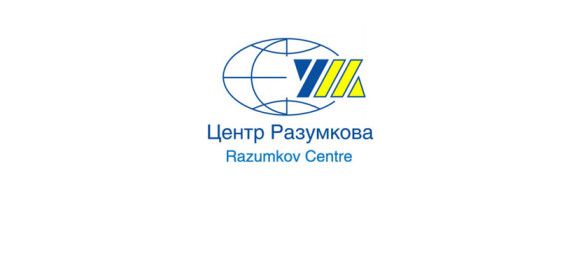Section: Razumkov Centre (Ukraine)
After Ukrainian forces were restructured, the operations became more effective
When pro-Russian rebels first fanned out across eastern Ukraine in April, seizing public buildings, ousting local officials and blockading streets and highways, the government’s security forces – a ragtag lot of poorly equipped and understaffed military and police units – were largely paralyzed by dysfunction and defection. They...
Despite recent improvements, Ukrainian military’s work is far from done
When pro-Russian rebels first fanned out across eastern Ukraine in April, seizing public buildings, ousting local officials and blockading streets and highways, the government’s security forces – a ragtag lot of poorly equipped and understaffed military and police units – were largely paralyzed by dysfunction and defection. They...
If Akhmetov had started to resist sooner, Donbass could have avoided huge losses
Each day at noon, hundreds of thousands of factory workers in Ukraine’s rebel hotbed pause as sirens blare for three minutes, a behavioral tool Rinat Akhmetov is using to help guard the country’s largest fortune, the Bloomberg writes. Still, the new government remains suspicious of the tycoon because he was closely tied to Yanukovych,...
Meeting with representatives of the Sobieski Institute
On 14 April 2014, the Razumkov Centre held a working meeting with representatives of the Sobieski Institute (http://www.sobieski.org.pl), one of the leading think tanks in Poland – Mr. Pawel Soloch, member of the management board and Mr. Pawel Szalamacha, deputy to the parliament (Sejm) from the Law and Justice party. The Razumkov Centre...
Neutrality won’t help Ukraine avoid the aggression of Russia
The ideal security assurance for Ukraine is NATO. Neutrality won’t save it from the aggressive Russia. This opinion was expressed by Director of Military Programmes of the Razumkov Centre Mykola Sungurovskyi, informs the news agency Ukrinform. “Ukraine has to either rely on its resources or resort to external assurance in the form of...
New publication “Ukraine-2014: Socio-Political Conflict and the Church. Positions of Religious Figures, Experts and Citizens”
This publication contains the materials of a regular Roundtable on “Religion and Authorities in Ukraine: Problems of Relations” held on May 15, 2014. The meeting discussed issues concerning the status of the Church as a civil institution. The publication contains documents of the All-Ukrainian Council of Churches and Religious...
Public opinion survey “Citizens attitude towards different types of territorial organisation”
In the end of December 2013, the Razumkov Centre had conducted a survey to determine the public perception of different options for territorial organisation. According to the survey results, the majority of Ukrainians oppose the idea of having a federal state (61% of citizens expressed negative views and only 16 % were positive about it). The...
Razumkov Centre’s Annual Report-2013
2013 was marked by constant declarations of political leaders regarding the readiness to make every possible effort to sign the Association Agreement between Ukraine and the European Union, and the discrepancy between these statements and actual cases, the uncertainty of a large part of society, an obvious pressure from Russia on Ukrainian...
Resolving the situation in Donbas may take many years
The second round of consultation with the contact group in Donetsk on 27 June ended with new agreements. The leaders of the self-proclaimed republics promised ceasefire until 30 June and the release of four OSCE observers in the nearest future. Also, the meeting resulted into an agreement to release hostages, informs the news agency Deutsche...
SIPRI Yearbook 2013 launch
On March 5, 2014 Razumkov Centre presented the Ukrainian version of the SIPRI Yearbook 2013: Armaments, Disarmament and International Security. The Yearbook published by the Stockholm International Peace Research Institute (SIPRI) since 1969. This is one of the most respected sources of information in the field of international security. It is...



